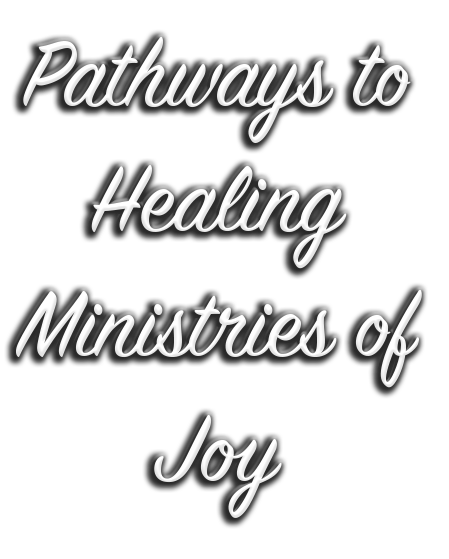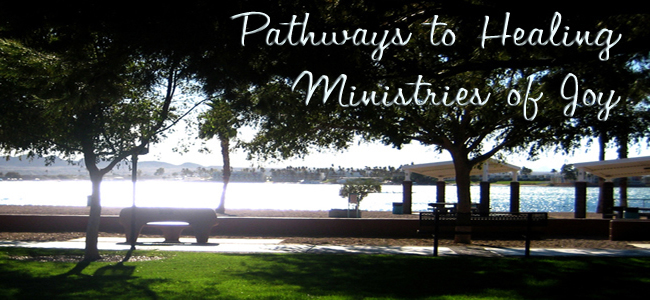Talk about praising God doesn’t take place much. In fact it can be a little frightening to some. Visions of fanaticism come to mind–people shouting “Praise the Lord,” and “Hallelujah” can be unsettling for some. Although, praise to God is rightfully vocalized, it more often exudes gently as we inwardly worship during our prayer times. It also arises as an inner rejoicing that is felt, at points, when we are captured by the beauty of nature; a sunset, for instance. Loving thoughts of our Creator equates praise from the heart.
On the other hand, let’s not forget ancient Israel’s King David. There was something wondrous going on between him and God. His praise was vocal, and it was copious. The validity of David’s praise and adoration is seen in the power that flowed from his life. God was with him.
King David celebrated life. In Samuel 6:1-19, shows him dancing in reckless abandon as he praised God. Michal, his wife, scorned and despised him for this. He was not even fully clothed, after all. Yet, while she lived out her days as a barren, bitter woman, he went down in history in glory.
Pierre Teilhard de Chardin, put it, “Joy is the infallible sign of the presence of God.”
It is interesting how different God has made His people to be. Like light bulbs, some have greater capacity for wattage. Some receive a surge of power, cast a great beam and blow out quickly. Others exude a bright, long lasting inner light—while many gently burn like a soft flame with a low glow and no noticeable variance. And God needs us all. He does not have favorites. The secret is to seek through our spiritual practices to be filled with as much light as we are capable of bearing. For, clearly, it is light that vanquishes darkness.
How do we get the utmost measure of light? I believe it is through praise. The word “praise” appears 306 times throughout Scripture, 134 of which are direct requests to do it. Why? Because “God inhabits (dwells in) the praise of His people” (Psalms 22:3). It seems the light of Christ expands in us as we speak gratitude for God’s goodness in our lives.
If multitudes of angels stand before the throne praising God constantly, surely it has great worth. Through it we enter into union with Him, connecting with the powerful, loving presence as our God. Through offering praise and gratitude, we are uplifted, able to transcend the hardest of all disappointments and difficulties of life.
David, who seemed far ahead of most humans in understanding eternal truths, proclaimed, “His praise will continually be in my mouth.” Then, Paul, who was the most outstanding man of power and insight of the New Testament said, “Praise God in all things … be filled with the Spirit, speaking to yourselves in psalms and hymns and spiritual songs, singing and making melody in your heart to the Lord” (Ephesians 5:19). Praise—all the time praise—was one of his amazing messages.
Because we do not give enough credence to the integrity of scripture, we suffer much more than we otherwise would. Our enemies of depression, obsessions, fearful bondages and abuses of many kinds shackle us when we could walk free by obeying the commandments and precepts Holy Writ extends.
For sure, God has layered life with many good gifts, along with abundant truth throughout Holy Writ. A reader of scripture knows clearly what is just and what is not just. The gift of living a just life is that the oil of gladness flows blessing one’s self and others.
Science is bearing out the wisdom of God, which should not be surprising. My friend Eugene Wiesner, clinical psychologist and professor at Montana State University, taught that compliance with the scriptural mandates to praise and rejoice brings a chemical change in the body which not only promotes cellular healing, but alleviates both physical pain and mental distress. During his practice, Dr. Wiesner said 40 percent of the people he treated were suffering with psychological disorders. Others needed therapy for fears, grief and guilt. He addressed the latter problems with what he called “God’s psychology,” telling patients to “sing the Psalms and rejoice in everyday living—through the hard times as well as the easy.” This psychologist’s premise was simple “When people believe what God’s Word says, and obey it, their get well!”
My own experience with depression took place when earlier in life my friend was murdered by her 14-year-old son. I made accusations toward God, feeling He had failed us. Unable to handle the intensity of my feelings, I opted for denial and slipped into intense depression and anxiety for several months. Medication helped. But, what truly brought a lasting healing was doing everything Dr. Wiesner told me to do—through a few phone calls.
Much was learned as I developed the practice of praising and rejoicing, trusting in the reign of God regardless of circumstances. Soon, the walls of my prison came down. Walls of doubt, fear, shock and other elements of inner angst collapsed. Once restored, I began to believe with all my soul that God can and will turn all things to good. Humbled, I gradually grew in my belief that God is still in charge of the world, regardless of cruel tragedies that seem far too prevalent.
It felt like I had lost all my baby teeth at once. But never again will I resist abiding daily with a heart full of praise, for therein lies power and Presence, healing and hope. Practicing a praise-filled faith carries us like a thermal on which our souls do soar. Herein lies joy!


Leave A Comment